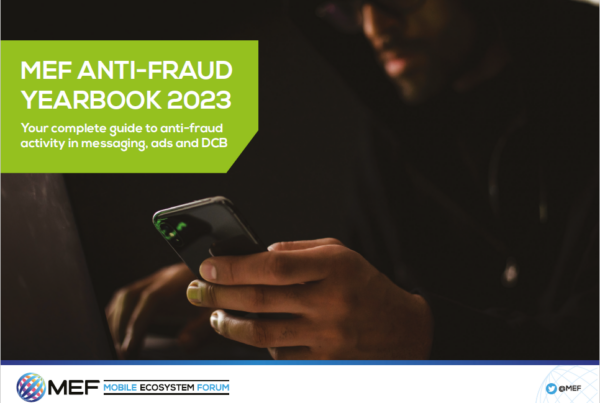MEF member Uteeni specialises in providing intelligent business directory services in SE Asia in an attempt to use mobile tech to re-define communication and commerce between people. Its work has shown that crucial business-related data is sorely lacking in the region, according to COO, Travis Kellerman.
Southeast Asia demonstrates an often unbalanced mix of technology use. Earlier this year, here on the MEF Minute, we learned about the growth in mobile data usage. In Sivge Brekke’s article on the region’s Data Hunger, he described mobile data usage, penetration, and smartphone adoption by consumers as being at a ridiculous level; one that will continue to grow with the right support. Business-related data however, as an essential and valuable component of the mobile experience, lags far behind in all this new movement.
Users on major platforms, such as Line and Facebook, share vast amounts of data on each other and consistently update their own information, their personal online presence. This includes rich, advanced content like pictures, video, and interactive media. Business data for consumers is simply not utilized in all this. It remains outdated, inaccessible, or altogether non-existent.
So What’s The Big Deal?
More than 90% of SMEs and total businesses in Thailand and much of SE Asia have no online presence. Think about the vast divide here: mobile penetration is at 146% among consumers, and yet we are finding less than 10% of businesses with any kind of digital property or presence.”
Well, the vast majority of businesses, unlike consumers, have little or no online presence. Platforms like Facebook’s Pages are used in place of dedicated web pages, listings, or sites – leaving the business far away from the needed consumer experience. Ask any visitor, ex-pat, and even many locals in Thailand and most of SE Asia – they simply cannot find what they need when they look for it, cannot locate and interact with businesses and their data. They are used to an empowered-consumer experience in other parts of the world, and the unmet expectation inhibits commerce in the region.
Let’s Build Community and User-Driven Solutions
Our focus is plugging this data gap through proven, scalable data-collection methods. The same consumer mobile device adoption and use that has so rapidly spread in the past few years gives a perfect platform to empower these users to contribute their own efforts, on their own devices, to collect this data. With a smartphone and simple rewards for clean, quick, quality data collection tasks, anyone can contribute to this foundational effort with their device.

Individual collectors can see where they have collected, what is not covered
Other major players have accomplished this kind of effort, collecting robust data pools that represent the vast majority of businesses in a given country or region. We believe the reason this same effort has failed, or has failed to be attempted, in SE Asia lies in a difference of cultures and historic use of telecommunications technology.
New technology was matched by its business data counterpart at each stage of a slower evolution in telecommunications in many other parts of the developed world. Europe and the US saw adoption of the landline, matched by creation of an accurate business directory (the Yellowpages). Simple cell phones and web use created online networks for businesses. Engagement with businesses for this type of representation was accepted, and advanced listings developed alongside smartphone adoption among consumers. In much of SE Asia, the rapid adoption of smartphones, tablets, and other advanced internet devices never allowed for a proper creation of the business data many Westerners and Western tech companies take for granted.
Big Impacts
Our data collection effort is quickly uncovering the true magnitude of the problem, and the vast, unrealized potential of businesses in the region. Though a small portion of businesses have a clear and dynamic web presence, we can now make an educated estimation: More than 90% of SMEs and total businesses in Thailand and much of SE Asia have no online presence. Think about the vast divide here: mobile penetration is at 146% among consumers, and yet we are finding less than 10% of businesses with any kind of digital property or presence. No website, no Facebook page, nothing at all.
Travis Kellerman
COO
Connectica PTE and Uteeni
The implications of solving this problem are tremendous. The effort required is equally grand, requiring a dynamic use of software and technology structure, along with a data-quality-focused process, to give it legs. Our vision involves empowering businesses of all sizes, in virtually any industry, to be found and participate in the modern economy and have a professional, accurate, and self-managed online presence. We are already working with technology partners who share the vision to advance this effort and this region. Greater connection, communication, efficiency, economic democracy – these are all possible through the proper engagement and balance of mobile technology with the data it mobilizes.




